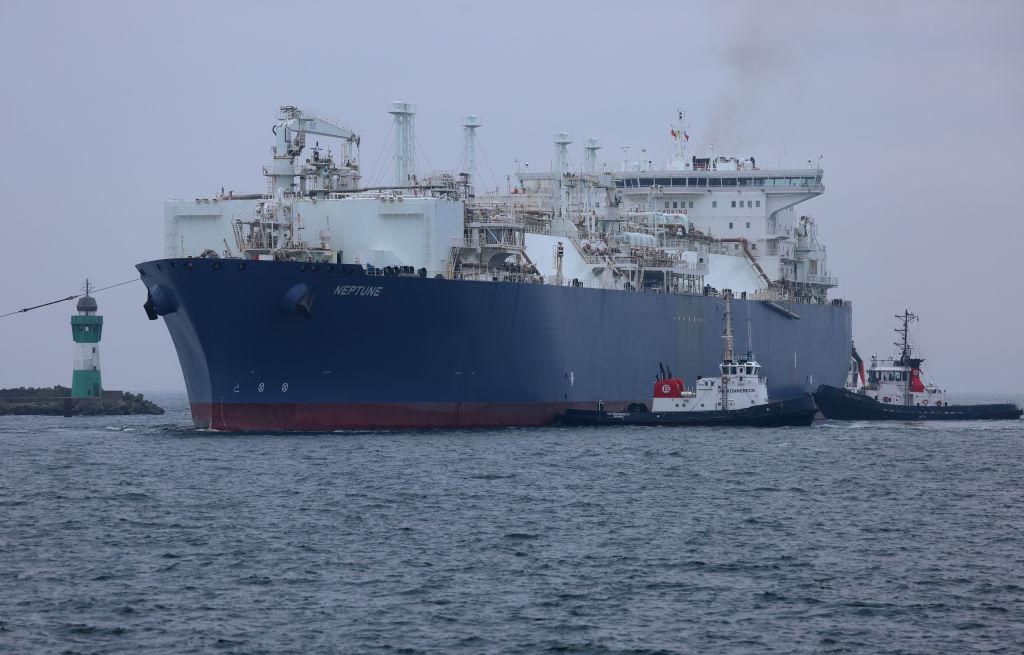News Analysis
A group of European Union countries is calling for tougher regulations on Russian liquified natural gas (LNG) imports, a move that could affect energy supplies across Central and Eastern European nations.

A group of European Union countries is calling for tougher regulations on Russian liquified natural gas (LNG) imports, a move that could affect energy supplies across Central and Eastern European nations.